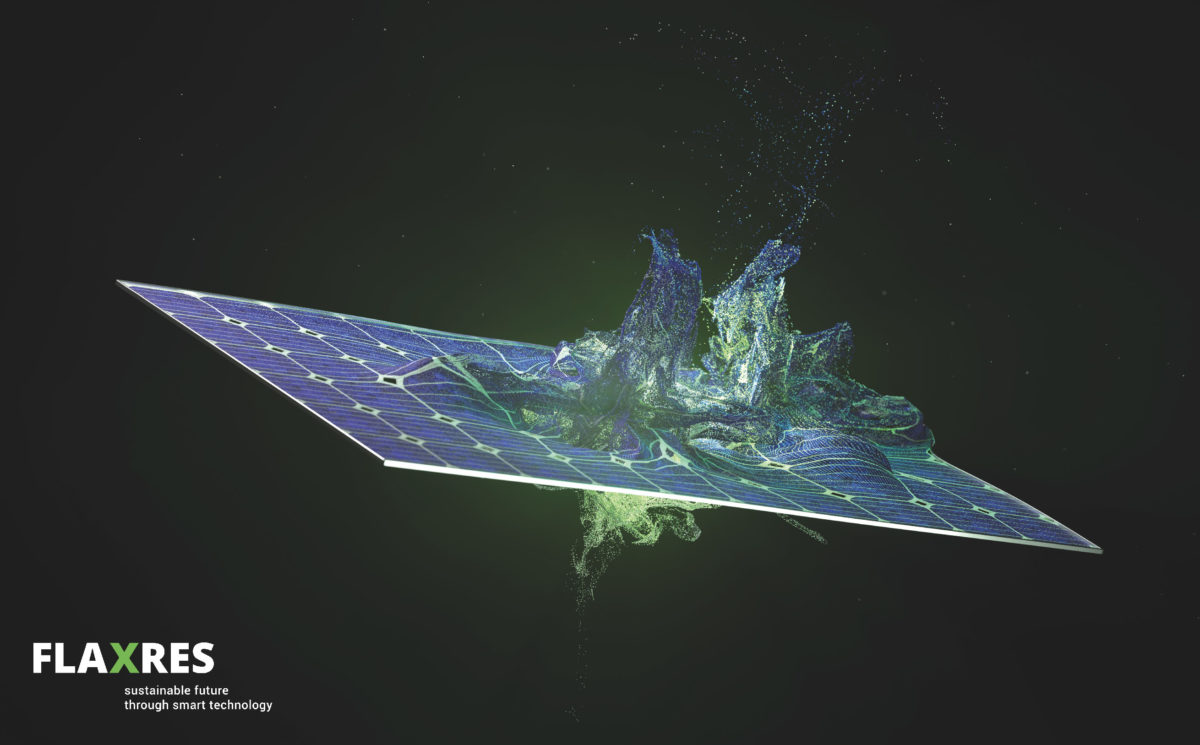From pv magazine Germany
French environmental services provider Veolia is leading a research project which is aimed at developing a highly efficient and special process for the recycling of solar modules.
Through the ReProSolar initiative, which the EU is funding with €4.8 million through the EIT Raw Materials pot, the company and its partners from the public and private sectors who operate along the value chain of recycling solar modules are seeking, for the first time, to recover all components of a solar panel at the end of its life cycle.
The consortium hopes to develop a process that allows recovery of pure silicon, silver and glass and makes them be made usable, again, for industrial sectors of different kinds.
Popular content
Funding for the project began in February and runs until January 2025. The feasibility of the process on an industrial scale will be tested by the partner companies Flaxres, operating in Dresden, Germany; and Rosi Solar – headquartered in Grenoble, France – by the end of the year.
According to Veolia, around 5,000 tons of solar modules will be processed in a demonstration plant, annually, by 2023. “Our process is based on a new delamination technology that is able to efficiently separate the solar cells from the glass plate,” explained project manager Antoine Driancourt, of Veolia Umweltservice GmbH. “Innovative physical-chemical processes will then enable all materials to be recovered without the photovoltaic modules having to be shredded.”
According to the French company, no industrial process in the world is able, to date, to recover silver and silicon with very high purity from solar cells. “This would be a major breakthrough for the entire solar industry in terms of current recycling standards,” said Driancourt. With the project partners, Veolia will map the entire value chain, from processing and raw material cleaning to the waste stream supply chain and reintegration into various industries.
This content is protected by copyright and may not be reused. If you want to cooperate with us and would like to reuse some of our content, please contact: editors@pv-magazine.com.



2 comments
By submitting this form you agree to pv magazine using your data for the purposes of publishing your comment.
Your personal data will only be disclosed or otherwise transmitted to third parties for the purposes of spam filtering or if this is necessary for technical maintenance of the website. Any other transfer to third parties will not take place unless this is justified on the basis of applicable data protection regulations or if pv magazine is legally obliged to do so.
You may revoke this consent at any time with effect for the future, in which case your personal data will be deleted immediately. Otherwise, your data will be deleted if pv magazine has processed your request or the purpose of data storage is fulfilled.
Further information on data privacy can be found in our Data Protection Policy.